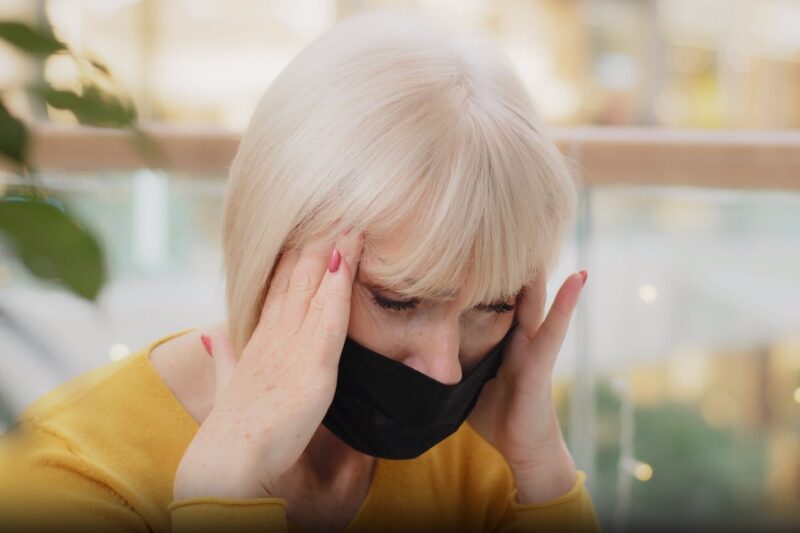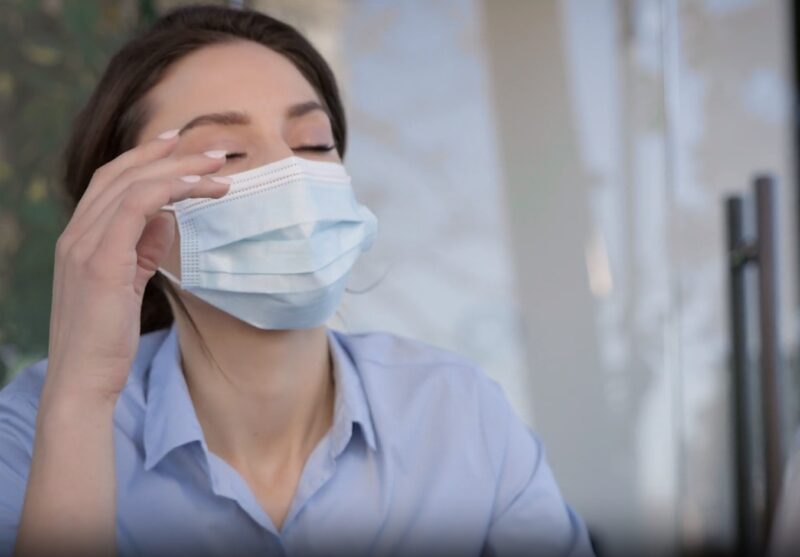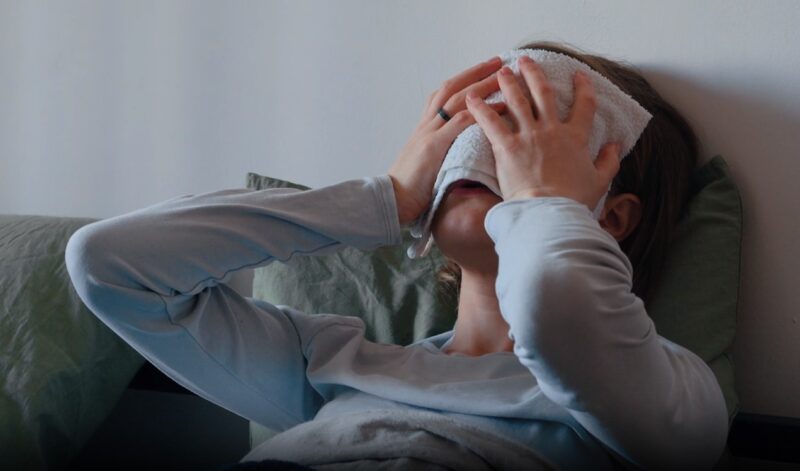COVID-19, caused by the SARS-CoV-2 virus, manifests a variety of symptoms, one of which is a headache. This headache associated with COVID-19 is unique and differs from common types like tension headaches or migraines. Recognizing the specific characteristics of a COVID headache is vital for early detection and effective management.
Characteristics of COVID Headache
The COVID headache tends to be persistent, often lasting for several days without relief. This continuous nature sets it apart from other headaches that might have intermittent relief. Unlike typical headaches that respond well to common pain relief medications like ibuprofen or acetaminophen, COVID headaches often show resistance to these treatments.
Patients usually describe the pain as pressing or pulsating, covering the whole head, with more pronounced pain around the temples or behind the eyes. It’s often accompanied by other typical COVID-19 symptoms such as fever, cough, loss of smell or taste, fatigue, and sore throat. The combination of these symptoms can be a strong indicator of COVID-19 infection.
Another notable feature is the heightened sensitivity to light or sound, which is similar to migraines. However, the overall pattern and presentation of the headache differ significantly. The onset of the headache can vary, starting before other COVID symptoms, simultaneously, or even after other symptoms have developed.
Comparing with Other Headaches

Distinguishing a COVID headache from other types of headaches is crucial for accurate self-assessment and seeking appropriate medical attention. Migraines often include nausea, vomiting, and visual disturbances, usually presenting with a throbbing pain on one side of the head.
Tension headaches are typically characterized by a feeling of pressure or tightness around the forehead or back of the head and neck, which is quite different from the intense and persistent nature of COVID headaches. Cluster headaches, known for their severe pain around one eye or one side of the head, also present quite differently from COVID headaches.
Impact and Management
Living with a COVID headache can significantly affect daily activities and overall quality of life. Adequate rest and staying hydrated are essential for managing the intensity of the headache and supporting overall recovery from the virus.
Consulting with healthcare providers is crucial, especially if over-the-counter medications are ineffective. They may prescribe other treatments or investigate other causes of the headache. Additionally, complementary therapies such as relaxation techniques, meditation, and light physical activity can be beneficial.
When to Seek Medical Attention
It’s important to seek immediate medical attention if the headache is severe and sudden, significantly worsens, or is accompanied by other serious symptoms like confusion, difficulty breathing, or loss of consciousness.
COVID Headache and Long COVID

Some individuals experience persistent headaches even after other COVID-19 symptoms have resolved, a condition known as ‘Long COVID’ or post-acute sequelae of SARS-CoV-2 infection (PASC). Understanding the long-term implications of COVID headaches and developing effective treatments is a focus of ongoing research.


